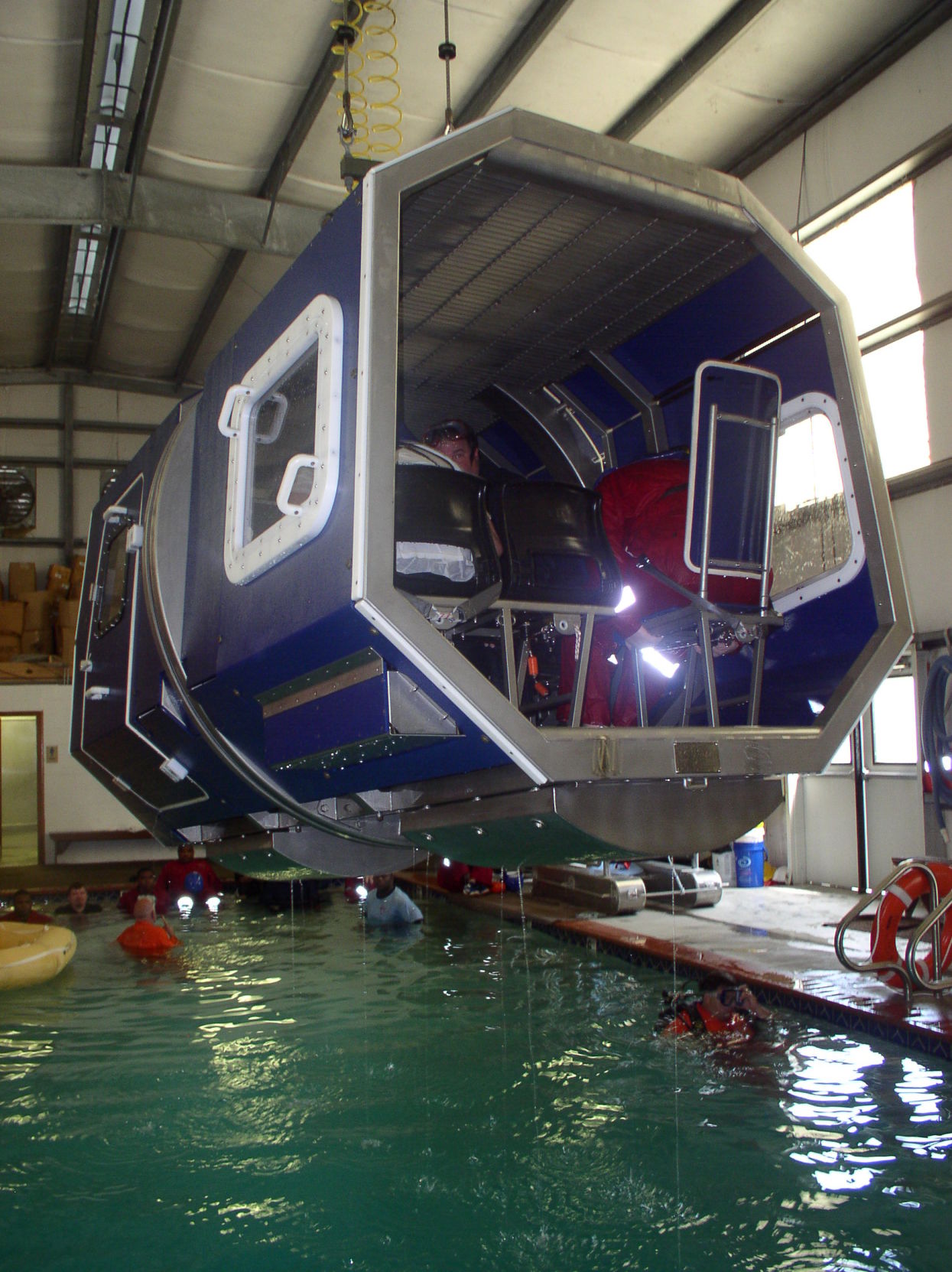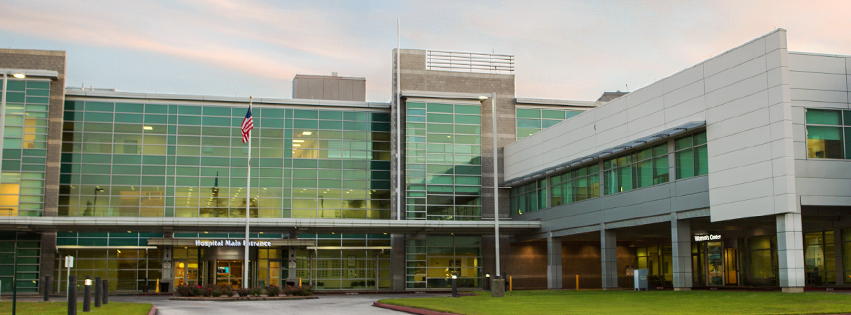BREAKING: Child drowned in Terrebonne
May 17, 2015
Jingles is more than just a pet
May 20, 2015Fletcher Technical Community College and South Central Louisiana Technical College, institutions that now share administrative costs and faculty members, are playing an integral role in educating workers in the maritime industry by providing high-quality training, both in the classroom and through hands-on experiences.
The state leads the nation in maritime jobs and according to the findings, reported in a Maritime Workforce Study released in April by Louisiana’s Community and Technical Colleges and Louisiana Association of Business and Industry, a large percentage of those are located in the Houma-Thibodaux area. Since these schools, which are strategically located in Houma and Morgan City to serve the area, partnered in 2014, both facilities have seen an increase in enrollment numbers.
“One of the reasons is because we’ve been able to share resources,” dean of marine operations Capt. Carl Moore said. “If we had a class that would have been cancelled because an instructor was sick, we’ve been able to move instructors back and forth to cover the classes. With the two schools sharing resources, we’re able to meet the needs of the industry as far as training.”
Instructors move from the Houma-based Marine and Petroleum Safety Training Center and the SCLTC Young Memorial Marine and Petroleum Safety Training Center located in Morgan City to offer safety and training courses required by marine-related companies like Basic Safety Training, Fall Protection and Combined Basic and Advance Firefighting. The constant rotation of instructors allows the schools to offer the training courses all the time and not duplicate training.
Because students in these courses are not seeking a traditional degree, the turnaround is much faster, Moore explained.
“The industry has a set standard that they want before someone goes to work,” he said. “The basic training classes are a lot of orientation classes and as a deckhand moves up to a captain or moves up to an engineer, they have certain classes that they have to get. We’re seeing the people that are coming in are coming in real quick, taking their course, taking their test, getting their certificate and going to the Coast Guard. It’s a fast turnaround.”
The skills are also retained quickly because of the hands-on nature of the coursework. Both facilities are equipped with features like pools to teach water survival and Moore said both locations will also teach helicopter training utilizing state-of-the-art simulators in the next few months, following final approval.
“The industry has moved away from the drill-and-practice, memorizing of the questions, and going to more hands-on,” he said. “We have one course, Standards in Training and Certification and Watchkeep. The student will take First Aid one day, he’ll be doing Water Survival the next couple of days, he’ll be doing firefighting the next couple of days and then they’ll have Personal Safety and Social Responsibilities. It’s a mixture of lecture and hands-on.”
Jane Arnette, director of the South Central Industrial Association, said the skills taught at these types of facilities are necessary to find and maintain careers in the marine industry today.
“Industry today demands workers to be more computer savvy,” she said. “And not everybody can be in management. We need a skilled, trained workforce to man the jobs in the marine and oil and gas industries.”
In an effort to spark an interest in the maritime industry in younger generations, SCIA has teamed with Fletcher and other area schools to offer programs that appeal to elementary and middle-school children.
“We recently worked with a group of sixth graders for Oil and Gas Day,” she said. “The kids were amazed at the options. It was wonderful to see them so engaged in the process…There are our workers of tomorrow. W’re reaching them today to get them thinking about the possibilities The good news is, while the industry is volatile today with gas prices, we as a region are still producing [oil] in the Gulf. Long-term, we know the jobs will still be here. The programs at Fletcher and Nicholls and over in Morgan City ensure we are able to get our workforce ready..”
According the Workforce Study, 846 completers were enrolled through Fletcher in 2014 and 2,864 completers were in enrolled through SCLTC in 2014.
In an effort to provide only the best in marine training, SCLTC will also break ground on a new facility, The Hugh and Byrnes Young Marine and Petroleum Safety Training Center, which includes five acres of waterfront land and training pool building, this summer. The Marine Department at this location has operated from portable buildings since 1960.







